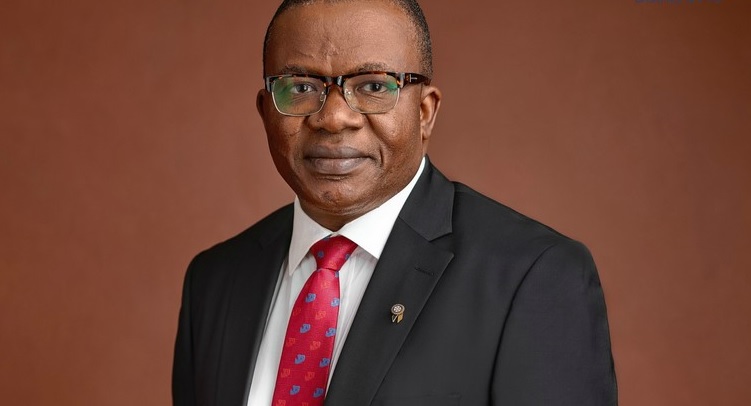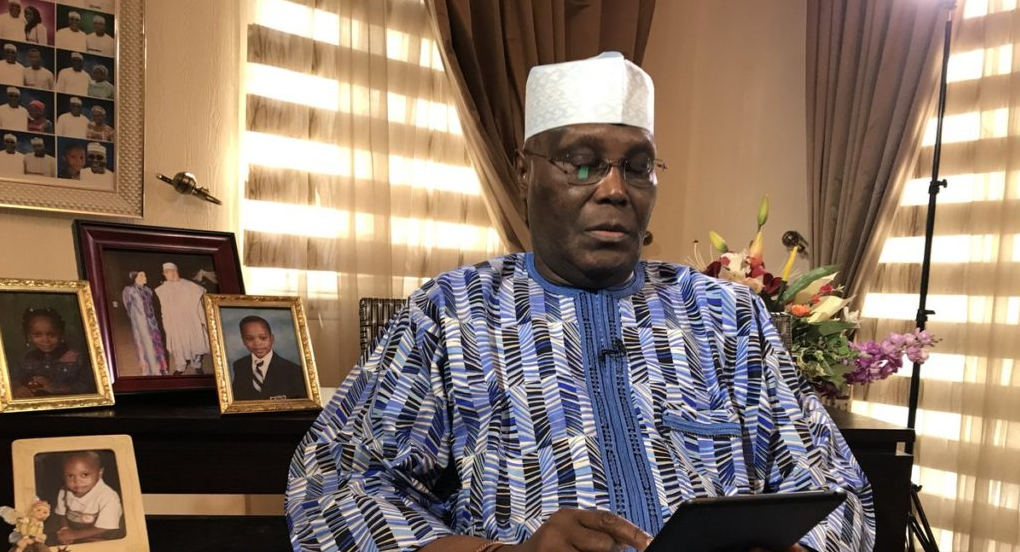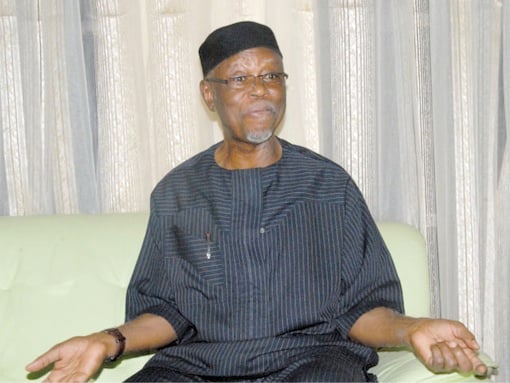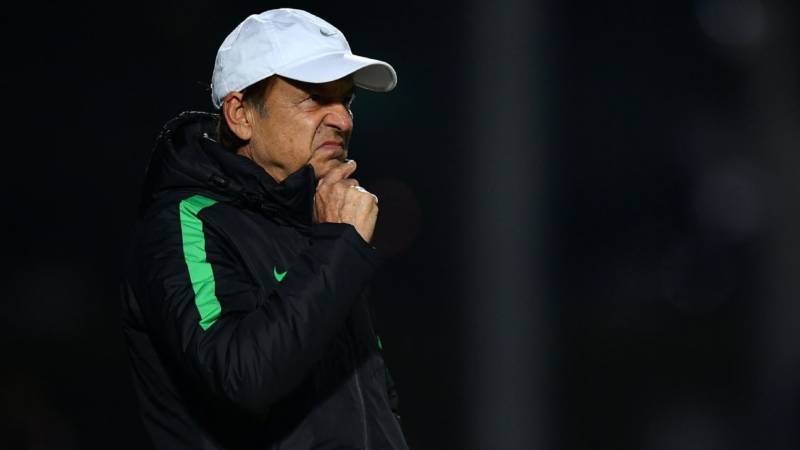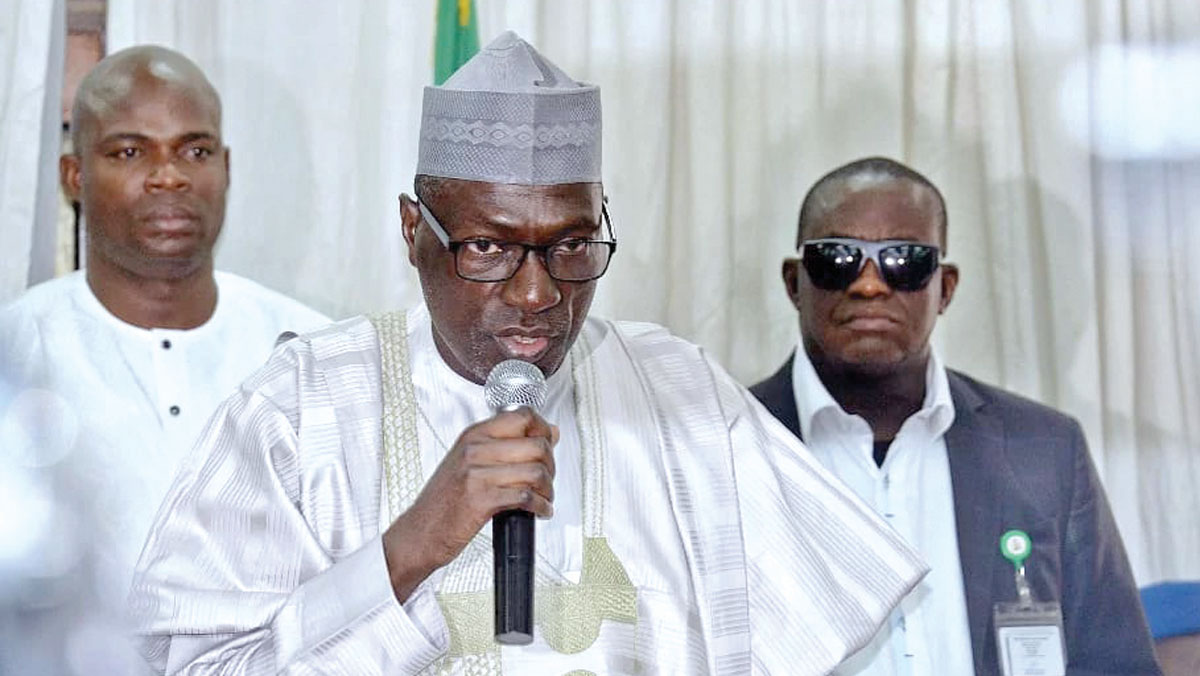Adewale Ogunbadejo is the district governor of Rotary International District 9110, covering all Rotary clubs in Lagos and Ogun states. The prince of the Soungbade royal family of Ososa and Ogbagba ruling house of Ijebu-Ode, Ogun, is a medical doctor.
In this interview with TheCable, Ogunbadejo spoke about the role of Rotary Club in the society. He traced the origin of the club in 1905 and its spread to over 200 countries. He also discussed the service which the organisation renders.
TheCable: Can you please tell us some interesting things about the organisation?
Ogunbadejo: Rotary international is the first and therefore the oldest service organisation in the world. It was founded on 23rd February 1905 by Paul Harris, a young American lawyer, and three of his friends.
Advertisement
It has evolved over 112 years from the club of four members in Chicago to a global membership of 1.2 million members in more than 200 countries and geographical areas. Our emblem is the Rotary wheel and our motto is: ‘Service above Self’. Our core values are service, leadership, fellowship, diversity and integrity.
Rotarians all over the world are involved in activities that engender world peace, understanding and goodwill through the support of education, improvement of health and alleviation of poverty in underserved and disadvantaged communities in the world.
Rotarians have always been in the forefront for global peace and were part of those that wrote the founding charter of the United Nations, which is why every year, Rotary has a day designated for it in the United Nations. Rotary also sponsors 100 students at diploma and masters degree levels every year in peace and conflict resolution studies in six peace centres in the world.
Advertisement
TheCable: We also like you to comment on the efforts made by the organisation to reduce polio to its barest mimimum.
Ogunbadejo: In 1985, Rotary International decided to embark on the global eradication of the dreaded poliomyelitis infection with the assistance of our partners in the global polio eradication initiative. This has resulted in more than 2.5 billion children immunised, $1.5billion spent with millions of man hours volunteered by Rotarians and partners and some lives lost too in the pursuit of this goal.
When we started the campaign in 1985, we had about 350,000 children affected annually in 125 countries but today, we only have three countries left with polio endemic and only 11 cases in two countries so far, this year. Nigeria, the third of the three countries left with this disease, has gone one year with no single case. We hope that this disease would be eradicated globally within the next three years.
TheCable: Apart from finance, what are the challenges the organisation encounters in the process of carrying out its assignments?
Advertisement
Ogunbadejo: If we take the polio eradication initiative as an example, we have had a variety of challenges from misconception about our motive to outright hostility based on religious beliefs, to the opposition by major stake-holders in communities because of poor understanding of local traditions and nuances. Illiteracy and the total dependence of local communities on the opinions of their leaders was a major hindrance for a long time before we came to grips with local administration and the layers of authority in the northern part of our country and similarly in Pakistan and Afghanistan.
TheCable: What are the national governments doing to support the movement?
Ogunbadejo: Governments all over the world have been very supportive of our efforts especially in the global polio eradication initiative. We would have been unable to achieve any success without the close collaboration with and support of governments all over the world. They have supported with finance, manpower, infrastructure and their deep knowledge of local communities. All these have contributed in no small way to the huge progress made so far in the polio eradication goal. This attitude is replicated in other activities pursued by Rotarians globally. Rotarians are honoured regularly by various governments for their activities in rotary which helps to spur such Rotarians to do more for humanity.
We do occasionally encounter some challenges with lower to middle-level government officials who sometimes are non-challant or outrightly hostile to our efforts to help our communities.
Advertisement
TheCable: What’s the relationship with the Nigerian government?
Ogunbadejo: We have a very good relationship with the federal government and at the last Rotary international convention in Atlanta, our government was represented by the minister of state for health, who made a huge pledge on behalf of Nigeria towards the end war game in the polio eradication initiative.
Advertisement
TheCable: According to your statistics, there were no recorded cases of polio in Nigeria in 2015 but the virus resurfaced in 2016, any advice for the government?
Ogunbadejo: The cases seen in 2016 were not unexpected by public health practitioners. These were children who had not been immunised for years, as they were caught behind the Boko Haram lines and no one could get near them. However, when some of those areas were liberated, access became possible and that was when their cases were diagnosed. We have however been able to immunise most of the war-affected areas but with some areas still inaccessible to immunise. The armed forces members sometimes have to escort immunisers before access can be achieved in some areas.
Advertisement
The only advice is for government to keep up the tempo of liberating the remaining small patch of inaccessible areas in the north-eastern part of the country so that all our children can be immunised.
TheCable: What’s the possibility of an outbreak of polio in those countries that it has been totally eradicated from?
Advertisement
Ogunbadejo: As long as there’s a case of polio anywhere in the world, the whole world is not safe because the world has become shrunken to a small global village due to the speed of travelling from one part to the other and the interactions arising from this.
The solutions therefore are :
- We must not relent in immunising all children below 5 years of age.
- Improved environmental sanitation especially in under-served communities all over the world.
- Continuous surveillance especially in countries that are still endemic, so that imminent outbreaks can be nipped in the bud.
As long as these steps are followed, the possibility of an outbreak in such countries will become very minimal.
TheCable: In how many years do you envisage the total global eradication of the virus?
Ogunbadejo: Our hope is that in three years time, we should be out of this war and be able to face some other global challenges.
TheCable: Apart from fighting polio, what other cause does the organisation pursue?
Ogunbadejo: After more than 100 years of doing good all over the world, Rotary international distilled all our service activities into six areas of focus which are:
- Peace and conflict prevention/ resolution
- Water and sanitation
- Maternal and child health
- Disease prevention and treatment
- Basic literacy and education
- Economic and community development
These areas of focus have months designated after them and all clubs are expected to carry out impactful projects in these areas of focus in the course of the rotary year, in their communities or beyond. Each club is at liberty to decide which of these areas of focus is most pressing in its area of jurisdiction and address same.
Our Rotary foundation is the vehicle through which most of these projects are done globally.
When you also compare these six areas of focus to the United Nations millennium development goals, you will realise that all the MDGs are represented in our areas of focus.
TheCable: Are there other issues that want to address but were not mentioned in the previous questions?
Ogunbadejo: Yes, I will like to talk about membership and our Rotary foundation. In Africa, where we have a population of about 1 billion people, we only have 29,000 Rotarians and in Nigeria with a population of about 150 -180 million, we have only about 7,600 Rotarians. We, therefore, need more members as the need is huge and more members will make the burden easier to bear by all Rotarians. Secondly our foundation, the Rotary foundation, is our vehicle for doing good in the world and the funds for this foundation comes from Rotarians, friends, family members and corporate organisations.
In view of the huge need for support by our communities, we, therefore, need to contribute more to this foundation too. We are therefore asking more people out there to donate to this foundation which has been responsible for the polio eradication initiative and other humanitarian, cultural and educational programmes of Rotary international. All donors are recognised by the trustees either with a letter or specific recognition materials. The Rotary foundation is known as a prudent and transparent NGO, with 91%of donated funds being dedicated to projects.
Should anyone be interested in donating, please kindly give me a call on 08066934824.
Thanks so much.
